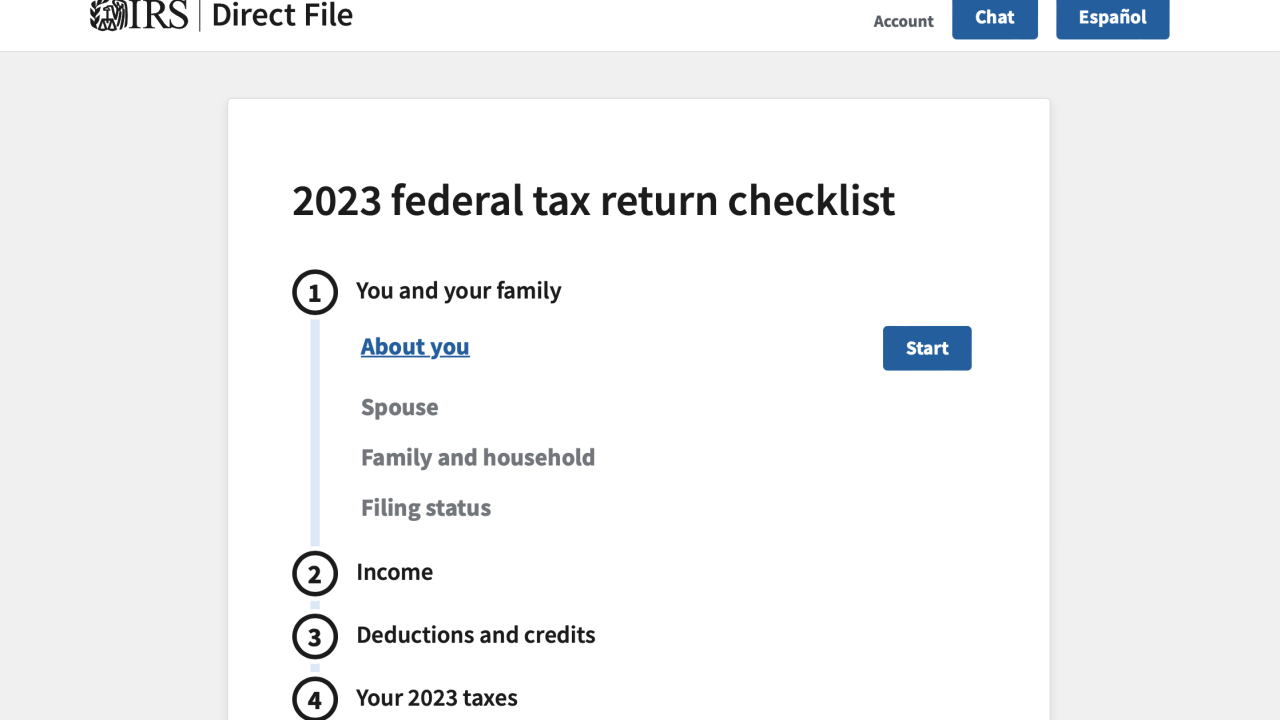Wesley Snipes must know a little how Carmen Basilio felt.
Basilio, the “Upstate Onion Farmer” from Canastota, N.Y., was a world champion boxer in both the Welterweight and Middleweight divisions during the 1950s, but during his decline was knocked down repeatedly in one match that he was sure to lose. When asked afterward why he kept getting up despite having no chance, he reportedly said “I don’t want to start any bad habits.”
Snipes, likewise, keeps getting knocked down by the IRS, but rather than give up, he keeps getting back in the ring. In his latest skirmish with the service, the Tax Court held that the IRS did not abuse its discretion by refusing to accept his offer in compromise (T.C. Memo 2018-184).
“This case is a great example of OICs and CDPs, and the interplay between the taxpayer and the service,” said Marty Davidoff, national director of tax controversy for Top 100 Firm Prager Metis CPAs LLC. “The Tax Court frequently remands a case for a second look. In this case the IRS showed flexibility by reducing his RCP by almost half, and the taxpayer showed none. There was no abuse of discretion.”
Snipes’ troubles began with federal tax liabilities of $23.5 million for tax years 2001-2006, largely as a result of his failure to file tax returns. The IRS assessed those liabilities, and filed a notice of federal tax lien. It then issued a notice and demand for payment of the liabilities.

When Snipes did not pay, the IRS issued a notice of the filing. Snipes requested a collection due process hearing under Code Section 6330(d) and stated that he wanted a collection alternative – an offer in compromise or “currently not collectible” status – and wanted the notice of federal tax lien withdrawn.
Snipes did not challenge his underlying tax liabilities. He made a cash offer of $842,061, less than 4 percent of the total underlying liability. The IRS issued a notice of determination rejecting his OIC and sustaining the notice of federal tax lien, and Snipes filed a petition with the Tax Court.
Snipes contended during both CDP proceedings that his financial adviser, W. Johnson, had taken out loans and disposed of assets and income on his behalf, diverting the funds without his knowledge or benefit. He provided affidavits from Johnson of his misconduct and misuse of his assets and income, but did not provide any definitive documentation showing the dissipation or diversion of his assets or income.
Snipes requested that that the IRS conduct a transferee investigation of Johnson, and that his offer be accepted with the condition of proving Johnson’s transferee liability. The settlement officer requested permission from her manager to conduct an expedited transferee investigation, but the manager explained that the CDP hearing could not be held open for a transferee investigation, nor could the IRS accept an OIC with conditions imposed on it.
Following a review of Snipe’s case, the settlement officer reduced Snipes’ “reasonable collection potential” to $9,581,027 in an effort to compromise for settlement purposes. Snipes maintained his original OIC of $842,061. The settlement officer concluded that it was not in the best interest of the government to accept the OIC, and issued Snipes a supplemental notice sustaining the notice of federal tax lien, and again rejecting Snipes’ OIC.
The Tax Court noted that the validity of Snipes’ underlying tax liabilities was not at issue. The court concluded that the settlement officer properly based her determination on the required factors, and that she did not abuse her discretion in determining that acceptance of the OIC was not in the best interests of the United States.
The Tax Court held that in light of Snipes’ failure to provide bona fide documentation to prove his assets and financial condition, as well as the disparity in his offer versus his RCP as determined by the IRS, the settlement officer did not abuse her discretion in her rejection of Snipes’ offer, refusing to conduct an expedited transferee investigation, or sustaining the filing of the notice.
“The court was unable to determine whether or not he still owned the property. On a smaller scale, this is what happens all the time,” Davidoff noted. “And it’s not the end of the line for him. Now it will go back to Collections, and start all over again. In the meantime he has delayed the IRS, and the statute of limitations has been extended for five years. My guess is that he’s paid more than $100,000 to do this, but he has all the rights that any other taxpayer has in Collections. If they think some of his assets got transferred to Johnson, they might try to seize some of those assets.”
“It sounds like he has a lot of illiquid assets or assets that he can’t account for. If he’s correct in the valuation of his assets, then that’s all they can take – they can’t take more than he has,” Davidoff added.





